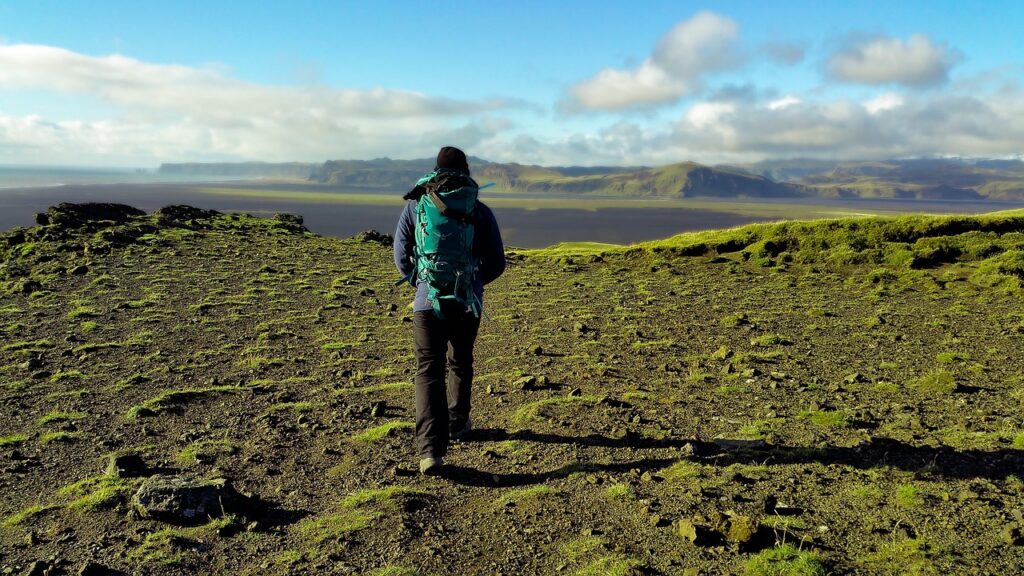Embarking on an overnight backpacking trip can be an exhilarating adventure, immersing you in the beauty of nature and offering a sense of freedom. However, it is essential to prioritize safety during your excursion. This blog post aims to provide you with valuable safety tips for overnight backpacking trips, ensuring a memorable and secure experience in the great outdoors.
1. Plan and Prepare:
Before setting off on your backpacking trip, thorough planning and preparation are crucial. Consider the following steps to enhance your safety:
a. Research the Destination: Familiarize yourself with the trail, terrain, and weather conditions. Obtain up-to-date maps, guidebooks, and any necessary permits. Understanding the area will help you plan accordingly.
b. Share Your Itinerary: Inform a trusted person about your itinerary, including the route, estimated time of arrival, and emergency contact information. In case of any unforeseen circumstances, this will aid in search and rescue efforts.
c. Check the Weather: Stay informed about the weather forecast for your intended backpacking dates. Extreme weather conditions can pose significant risks, so it’s important to plan accordingly and be prepared for changes in weather.
2. Pack Appropriately:
Proper packing is essential for a safe and comfortable backpacking experience. Consider these essential items:
a. Navigation Tools: Carry a detailed map, compass, and GPS device to navigate the trails effectively. Familiarize yourself with their usage beforehand.
b. First Aid Kit: Prepare a comprehensive first aid kit that includes essential supplies for treating injuries, such as bandages, antiseptic ointments, pain relievers, and any personal medications.
c. Lighting: Carry a reliable headlamp or flashlight with extra batteries. It will prove invaluable during nighttime emergencies or when navigating after dark.
d. Adequate Clothing: Pack appropriate clothing for the anticipated weather conditions, including moisture-wicking and layered options. Don’t forget to include rain gear and insulation layers for colder nights.
3. Prioritize Water and Food Safety:
Staying hydrated and nourished is crucial during a backpacking trip. Follow these guidelines to ensure food and water safety:
a. Water Purification: Always treat water from natural sources, such as rivers or lakes, before consuming. Use water purification tablets, filters, or boiling methods to eliminate harmful microorganisms.
b. Food Storage: Securely store food to prevent attracting wildlife. Use bear-resistant containers or hang food bags from a tree branch at least 10 feet off the ground and 4 feet away from the trunk.
c. Pack Nutrient-dense Foods: Choose lightweight, calorie-dense foods that require minimal preparation. Opt for energy bars, dried fruits, nuts, and dehydrated meals to sustain your energy levels.
Practice Campsite Safety:
Creating a safe and secure campsite is essential for a comfortable overnight stay. Consider these precautions:
a. Tent Placement: Set up your tent on level ground away from potential hazards such as dead trees, loose rocks, or areas prone to flooding. Ensure proper ventilation and stake your tent securely.
b. Campfire Safety: If permitted, build fires in designated fire rings or established fire pits. Keep fires small and manageable, never leave them unattended, and fully extinguish them before leaving.
c. Wildlife Awareness: Store all scented items, including food, toiletries, and trash, in odor-proof containers. Keep a safe distance from wildlife, respect their habitats, and never feed them.
Conclusion:
Safety should be your utmost priority during overnight backpacking trips. By thoroughly planning, packing appropriately, prioritizing water and food safety, and practicing campsite safety, you can ensure a secure and enjoyable experience in the great outdoors. Remember, being prepared and knowledgeable isthe key to an unforgettable backpacking adventure. Stay safe and happy trails!

